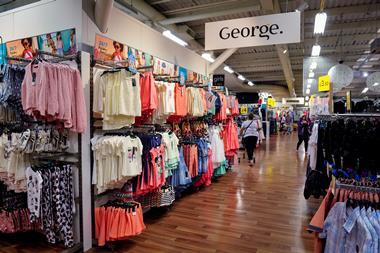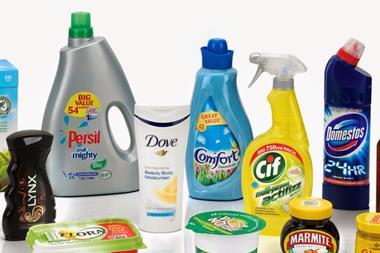Could we be about to see a regulatory clampdown on the bucolic scenes that often support the marketing of fresh food?
If the mood music from the Advertising Standards Authority is anything to go by, it might just happen, and soon.
The regulator last week published research showing an alarming naivety among consumers around the environmental, animal welfare and health-based claims of their food.
The targeted consumer research found using green imagery, such as fresh produce or green colours, as well as terms like ‘natural’ or ‘plant-based’ in ads, was a “powerful motivator in making people believe that a product or service was eco-friendly, even if the ad wasn’t making any specific claims”.
Advertising imagery that appeared ‘fresh’ was able to elicit beliefs in much the same way as terms such as ‘natural’ or ‘plant-based’, said the regulator, which conducted the work as part of its ongoing Climate Change and Environmental Project.
Meanwhile, farming imagery, such as fields, animals, farmers or fishers “could create trust with viewers by evoking a sense of relatability and nostalgia”, it warned.
‘Bucolic idyll’
Indeed, British rural farming imagery – something that is used widely across multiple food and drink categories – “could evoke a sense of the bucolic idyll by referencing small farming practices with low factory usage and high animal welfare standards”, the ASA report suggested.
For many consumers, advertising images depicting animal rearing and farming practices could also “imply a brand’s animal welfare practices”, while images of an open field full of livestock could suggest claims such as ‘free-range’ or ‘grass-fed’ – even without accompanying proof.
The report also pointed to some – albeit limited – evidence of a rise in unsubstantiated ‘regenerative farming’ claims, echoing concerns around the term’s misuse by sustainable investor network FAIRR last summer.
Read more: The big food & drink greenwashing crackdown
Along those lines, the ASA’s research found a “further desire for standardisation and regulation of terminology, such as ‘natural’ and ‘sustainable’, as consumers may struggle to compare claims across brands where definitions are largely to the discretion of the corporate body”.
It’s fair to say the regulator came up with a sizeable list of factors that could be swaying shoppers, in what it dubbed a ‘halo effect’ for brands – often backed by little evidence.
The report comes at a time of increased scrutiny of green claims and a clampdown on greenwashing. Brands such as Heck, Richmond and Bernard Matthews, plus Tesco with its fake farm brands, have all faced criticism for their overly pastoral packaging in the past.
The Competition & Markets Authority, meanwhile, launched a probe into greenwashing claims in the fmcg category early last year that is still ongoing. This followed the publication of an anti-greenwashing code in 2021.
And as The Grocer reported last year, the ASA took on 761 fmcg cases linked to misleading environmental claims in the three years to 2023 – naming and shaming the likes of Tesco, Innocent and Alpro for unsupported eco-claims.
More regulation?
So, could we now see the advertising regulator clamp down even harder?
The ASA was keen to stress last week it had conducted a review of ads at the same time as its consumer research – and “generally found good levels of compliance with our rules”.
However, it also warned it would continue to monitor advertising using its AI-powered Active Ad Monitoring system “to analyse thousands of ads making green claims”, in light of the fact many consumers may well be duped.
That additional monitoring will start in July “with a particular focus on unqualified sustainability and comparative environmental impact claims”, it said.
Consumers often didn’t have “very, very high levels of understanding about these issues”, explained ASA director of complaints and investigations Miles Lockwood. “This is a really important thing the ASA has been talking to business about for a couple of years now – which is don’t assume that consumers understand a lot about stuff in this space,” he told The Grocer.
“They’re interested in it, but you have probably got to work quite hard to get people to understand what’s happening with a green claim,” he added. “We’ve got a period of grace between now and July when we’re going to be asking businesses to reflect on the findings and work with us and have a discussion.”
Lockwood urged businesses to therefore think about what they were doing “and whether they think they are in any way skirting close to the guardrails”.
Because if they don’t, they may well fall foul of the regulator in the months that follow.




















No comments yet